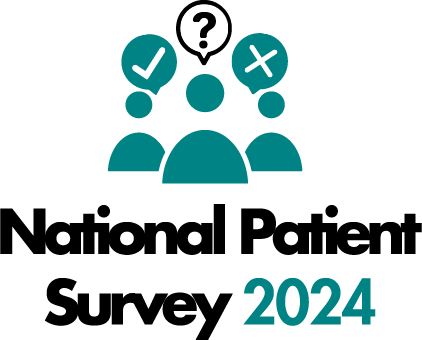 Our National Patient Survey 2024 report is now live. Thank you to all those that shared their experiences. Read our report here.
Our National Patient Survey 2024 report is now live. Thank you to all those that shared their experiences. Read our report here.HFEA welcomes changes to the law on screening in fertility treatment
- Enhanced screening no longer necessary for couples having reciprocal IVF.
- People who have HIV with an undetectable viral load can donate to known recipients under new law change.
Julia Chain, chair of the HFEA, said:
“The HFEA welcomes the changes to the law on partner donation in relation to reciprocal IVF, and egg and sperm donation from those who have HIV with an undetectable viral load.
“Fertility treatment is helping more people than ever to create their family, and everyone undergoing fertility treatment should be treated fairly. This will save time and money for female same sex couples having reciprocal IVF.
“For known donation from individuals with undetectable HIV, we anticipate that the first clinics will be able to start offering this treatment around three months following a change in the law.
“The definition of ‘partner donation’ will change to allow couples undergoing reciprocal IVF to undergo the same screening as heterosexual couples.
“We encourage any patients or donors who may be affected by these changes to visit the HFEA website to find out free and impartial information, including about how to choose a fertility clinic.”
The HFEA will be issuing further guidance to support clinics over the coming months.
Notes to editors
- Reciprocal IVF (shared motherhood) is where eggs are collected from one partner in a same-sex female couple and fertilised with donor sperm. The resulting embryo is then implanted into the other partner, who carries the baby and gives birth.
About the HFEA
- The HFEA is the UK’s independent regulator of fertility treatment and research using human embryos.
- Set up in 1990 by the Human Fertilisation and Embryology Act, the HFEA is responsible for licensing, monitoring, and inspecting fertility clinics - and taking enforcement action where necessary - to ensure everyone accessing fertility treatment receives high quality care.
- The HFEA is an ‘arm’s length body’ of the Department for Health and Social Care, working independently from Government providing free, clear, and impartial information about fertility treatment, clinics and egg, sperm and embryo donation.
- The HFEA collects and verifies data on all treatments that take place in UK licensed clinics which can support scientific developments and research and service planning and delivery.
- Around 4,100 children in the UK are born each year through the help of a donor (2019). The HFEA holds records of all donors and children born since 1991.
- The HFEA is funded by licence fees, IVF treatment fees and a small grant from UK central government. For more information, visit hfea.gov.uk.
Review date: 23 October 2026

